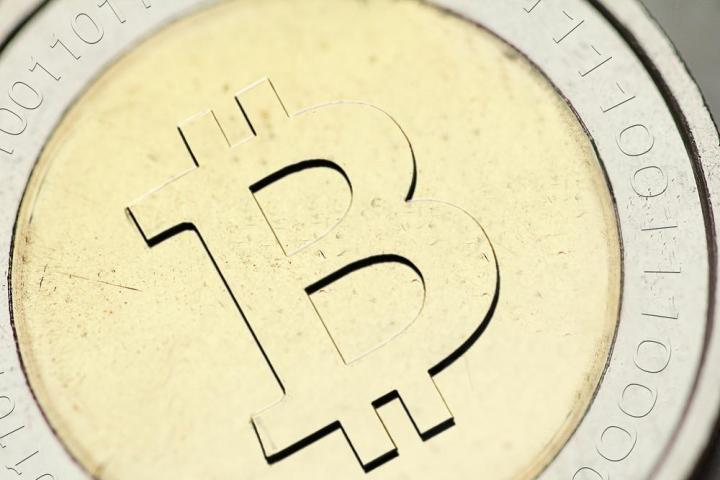
Detailed by the San Francisco Chronicle earlier today, the Chicago Sun-Times newspaper and a company called BitWall are partnering for an experimental paywall that accepts Bitcoin in order to view articles. Starting on February 1, 2014, Chicago Sun-Times readers will be prompted to offer a donation to the nonprofit Taproot Foundation using the digital Bitcoin currency. If the reader offers up a donation, the paywall will be removed and the article will become available for all users of that computer. Newspaper representatives did not indicate if a specific donation level was required to access the content on the site.
In addition, users will be able to remove the paywall by tweeting about the Taproot Foundation rather than contributing Bitcoin to the organization. It’s likely that the Bitcoin donations will be converted to U.S. currency through an exchange service like Coinbase. Similar to the New York Times paywall, BitWall can limit access to a specific time period such as a monthly or weekly basis. In addition, BitWall can limit access to a specific number of views. This could be ideal for students that only require access to a single article as a source rather than paying for an entire month of newspaper access.
Speaking about the experiment, Chicago Sun-Times publisher Jim Kirk stated “We continue to experiment and test new technologies that we believe engage our readers and look forward to being the first major USA newspaper to test a Bitcoin-based paywall.” It’s likely that the Chicago Sun-Times will publish the results of the experiment, somewhat similar to Overstock.com’s CEO tweeting about Bitcoin related sales. Going live last week, Overstock.com became the first major online retailer to accept Bitcoin as payment for retail items that mainly included electronics and home goods.


